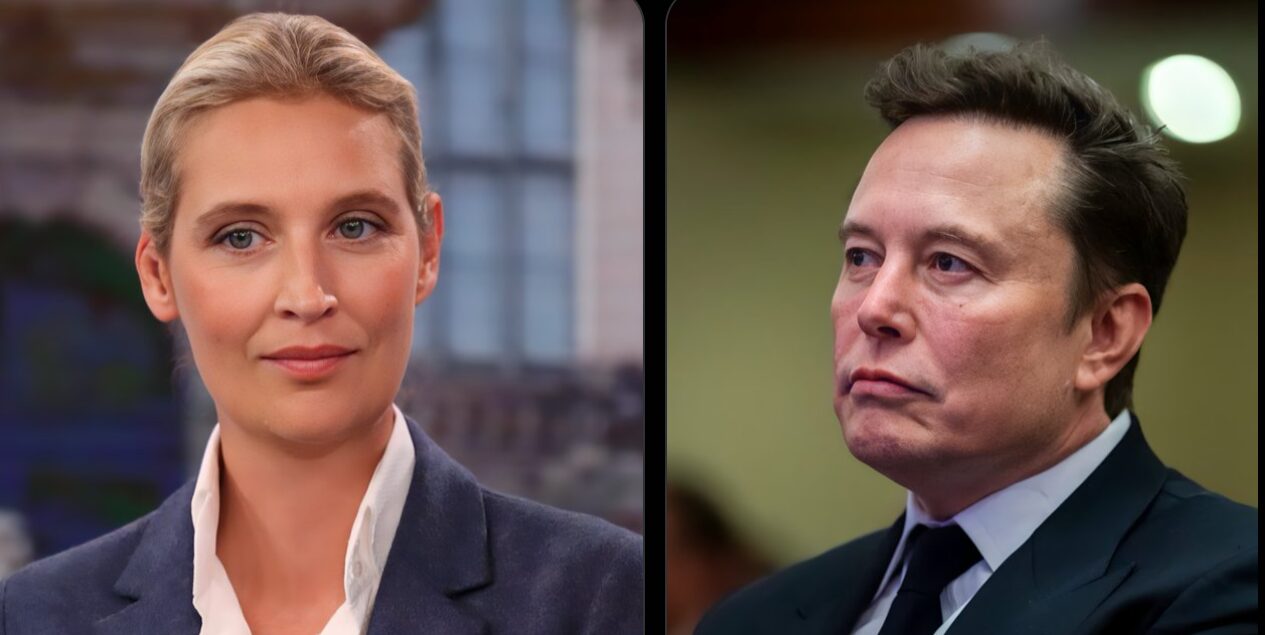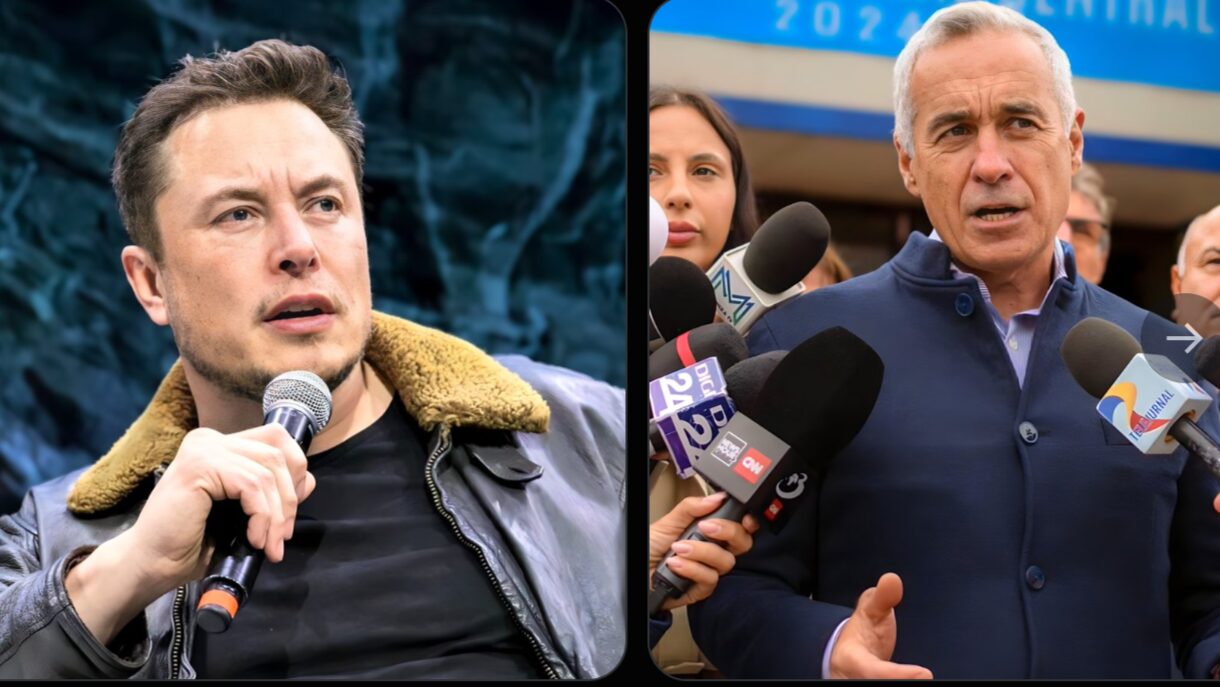Andrew Tate announces plans to run for Prime Minister of the United Kingdom in the next general election
In a surprising and bold move, controversial social media personality Andrew Tate has announced his intentions to run for Prime Minister of the United Kingdom in the upcoming general election. Known for his provocative statements and polarizing views, Tate’s announcement has sent shockwaves through the UK political scene, sparking debates about his qualifications, vision for the country, and the potential impact of his candidacy.
Tate, who gained significant attention through his online presence, particularly on platforms like Twitter and TikTok, has made no secret of his political ambitions. His decision to enter the political arena has garnered both support from his followers and criticism from those who view him as a divisive figure. As the UK prepares for the next general election, here’s what we know about Andrew Tate’s political aspirations and what this means for the future of British politics.
Who is Andrew Tate?
Andrew Tate first rose to prominence as a kickboxer and reality TV star, appearing on the UK version of Big Brother in 2016. However, it wasn’t until he became a social media influencer that his name became widely known. Over the past few years, Tate has built a large following online, sharing his views on masculinity, wealth, success, and politics. His outspoken nature and controversial opinions, particularly regarding gender roles and societal norms, have earned him both fervent supporters and vocal critics.
Tate’s online presence is a mix of motivational speeches, lifestyle content, and thought-provoking takes on various issues. However, his comments, often deemed misogynistic and inflammatory, have led to his suspension from several social media platforms, further amplifying his notoriety. Despite this, Tate’s following continues to grow, particularly among young men who resonate with his messages of self-improvement and financial independence.
Tate has made it clear that he believes the UK, and the world in general, are in need of strong leadership. His decision to run for Prime Minister signals a shift from his previous focus on personal branding and online business ventures to a more direct involvement in politics.
Tate’s Political Platform: What Does He Stand For?
Andrew Tate has yet to provide a comprehensive political platform, but he has offered some clues about his vision for the United Kingdom’s future. Based on his previous statements and beliefs, it is likely that Tate’s platform will focus on the following key issues:
- Economic Reform: Tate has frequently spoken about the importance of wealth creation, entrepreneurship, and individual responsibility. He advocates for policies that encourage business growth, reduce taxation, and promote financial independence. If elected, Tate would likely push for a more laissez-faire economic approach, emphasizing deregulation and minimal government intervention.
- Law and Order: Known for his strong opinions on masculinity and personal responsibility, Tate often frames societal issues in terms of discipline and accountability. His platform may include a focus on strengthening the criminal justice system, cracking down on crime, and ensuring that law enforcement has the tools and support it needs to maintain order.
- Traditional Values: Tate has been vocal about his views on gender roles and societal expectations. He has often spoken about the need to restore what he sees as traditional values, particularly in terms of family structures and gender dynamics. His views on these subjects have been controversial, but it is likely that they will feature prominently in his campaign.
- Foreign Policy and National Sovereignty: While Tate has not extensively outlined his foreign policy agenda, his rhetoric suggests that he may take a nationalist approach to Britain’s role on the global stage. This could involve prioritizing national interests, reducing reliance on international institutions, and focusing on strengthening the UK’s sovereignty post-Brexit.
- Education and Self-Improvement: Tate frequently promotes the idea of self-improvement and education, particularly for young people. His platform could emphasize the importance of vocational training, financial literacy, and personal development programs as a way to empower individuals and reduce dependence on government welfare systems.
Reaction from the Public and Political Analysts
Tate’s announcement to run for Prime Minister has divided public opinion. Supporters of Tate argue that his outsider status could be exactly what the UK needs in these turbulent times. They see him as a strong leader who is unafraid to speak his mind and challenge the establishment. For many of his followers, his message of empowerment, personal responsibility, and anti-establishment sentiment resonates deeply.
However, critics are quick to point out the divisive nature of Tate’s views. His controversial remarks, particularly about women and gender roles, have sparked outrage, and many believe that his rhetoric could contribute to further societal divisions. Political analysts have raised concerns about his lack of political experience and his ability to build a broad coalition of support. While his online following is substantial, it remains to be seen whether this will translate into meaningful political backing from traditional voters.
Many also question whether Tate’s bombastic approach will be effective in the high-stakes arena of UK politics. The role of Prime Minister requires a nuanced understanding of domestic and international issues, as well as the ability to work within a complex political system. Some wonder if Tate, with his brash style, will be able to navigate the intricacies of parliamentary politics, which often require negotiation and compromise.
Impact on the UK’s Political Landscape
Tate’s candidacy adds an unpredictable element to the UK’s political landscape. As a prominent figure with a significant online following, he could potentially draw voters away from traditional parties, particularly the Conservative Party, which has faced internal divisions in recent years. His appeal to younger, disillusioned voters could shake up the electoral dynamics and challenge the dominance of established political figures.
However, his controversial nature could also work against him, especially as he faces resistance from the political establishment and more moderate voters. The public’s response to Tate’s campaign will likely hinge on his ability to present a clear and compelling vision for the future of the UK, as well as how he addresses the concerns raised by his critics.
In an age where social media and populist movements are playing an increasingly influential role in politics, Tate’s run for Prime Minister is a sign of changing times. Whether he can translate his internet fame into real political influence remains to be seen, but his entry into the race is sure to keep political commentators and the public on edge.
Looking Ahead: Will Tate’s Bid Succeed?
As Andrew Tate prepares for his campaign, the big question remains: can he gain enough support to challenge the political establishment and make a real run for Prime Minister? With his outspoken personality and loyal online following, Tate is certainly a wildcard in the upcoming election.
Whether or not his bid for the Prime Minister’s office succeeds, his announcement has already had a significant impact on UK politics, raising important questions about the role of social media influencers in shaping the political future. As the next general election approaches, all eyes will be on Tate to see how his unconventional campaign unfolds.

















Post Comment